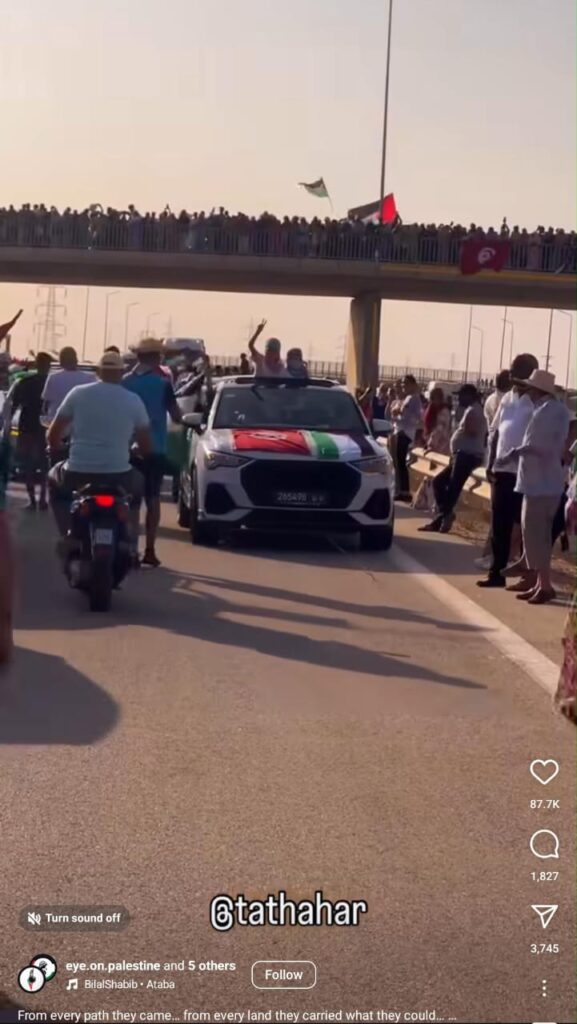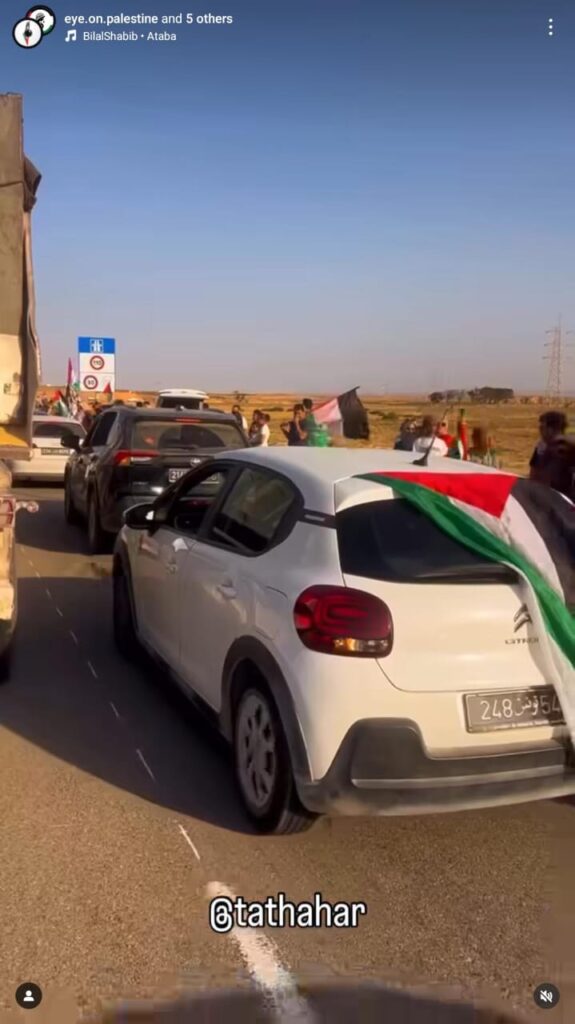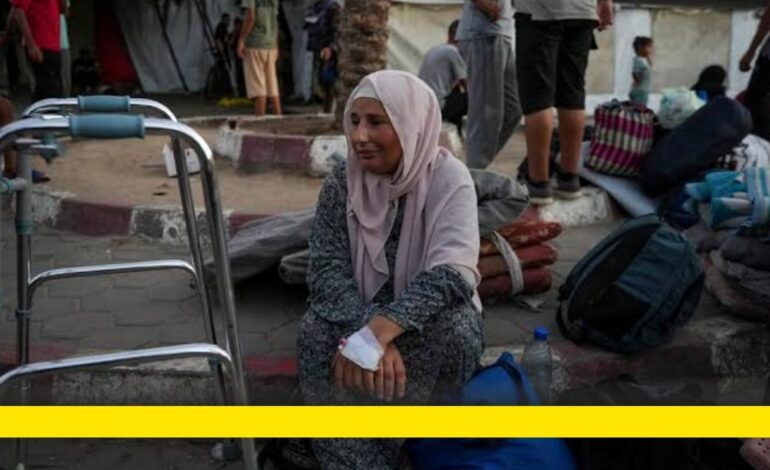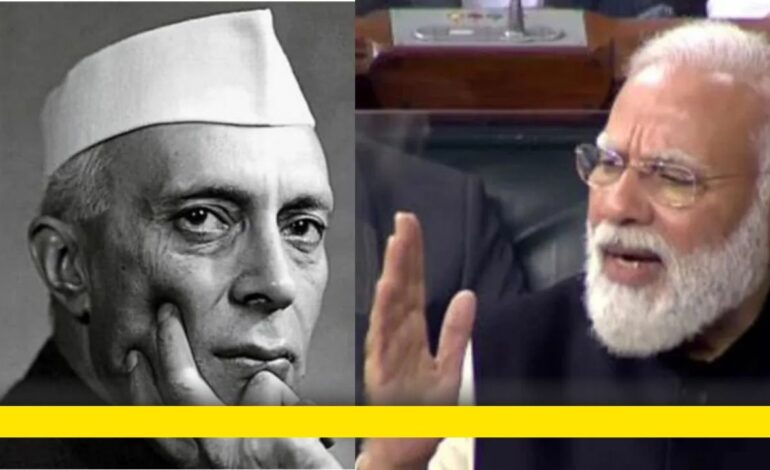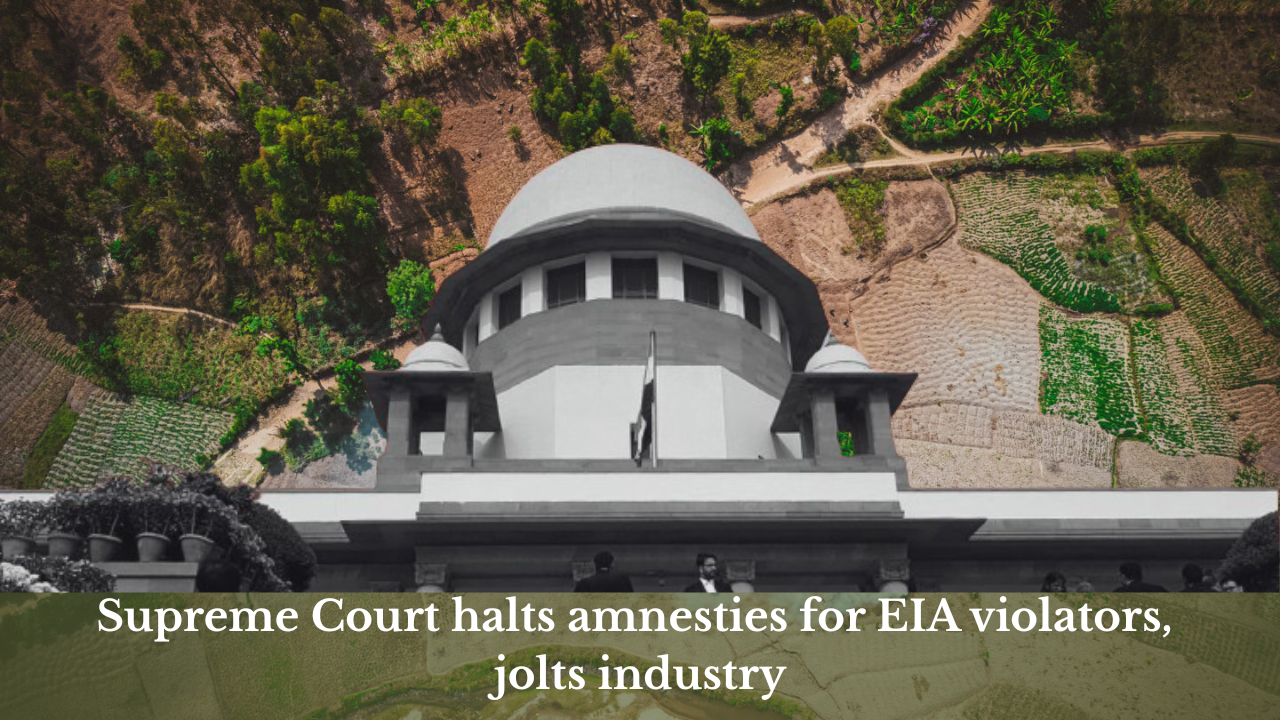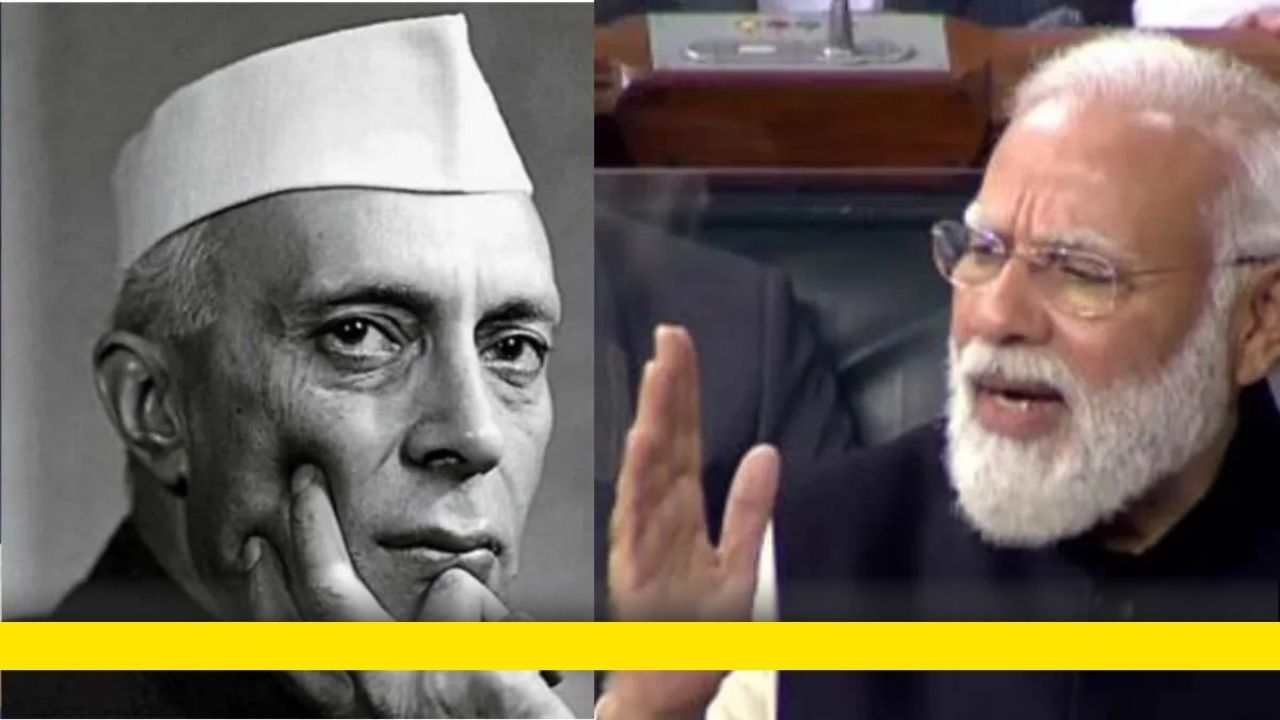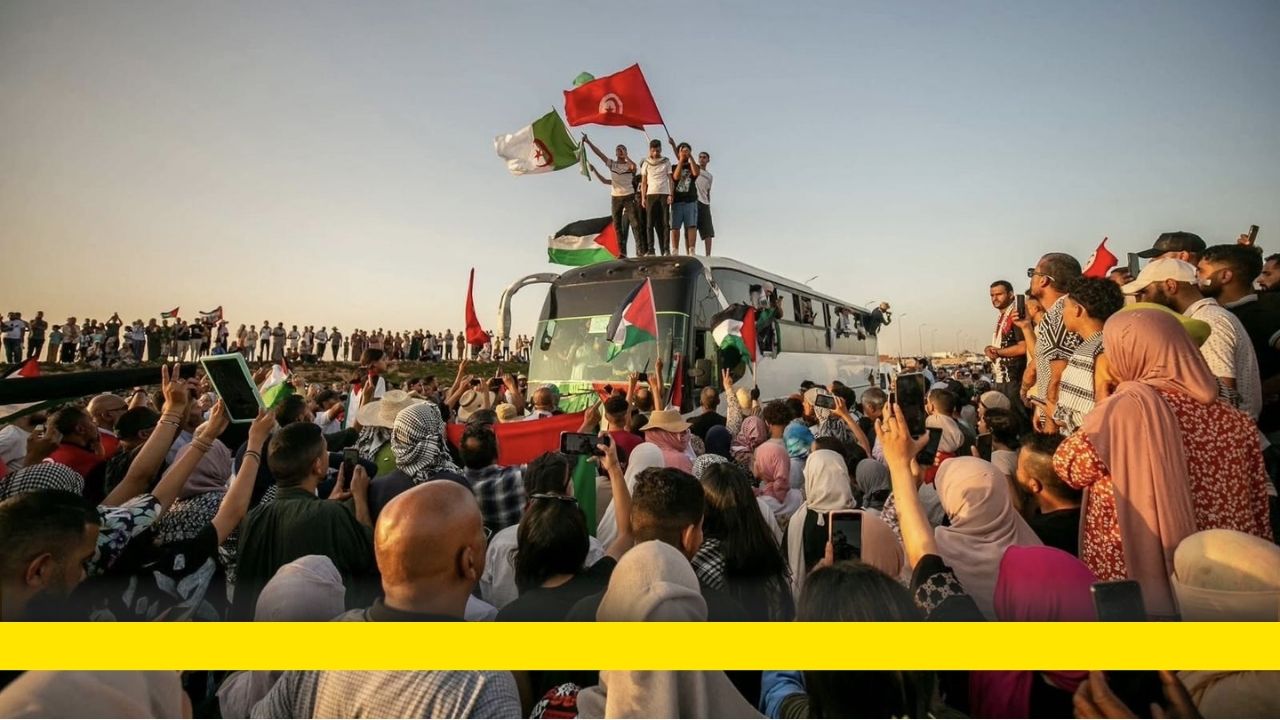Global March to Gaza Unites World Against Israel’s Genocide
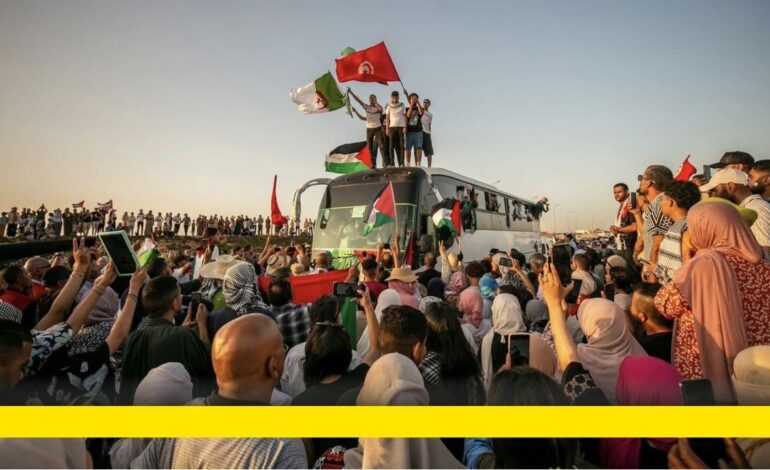
An international coalition composed of labor unions, solidarity movements, and human rights organizations from over 50 countries has announced the launch of an initiative to enter the Gaza Strip by foot. Thousands of international volunteers will partake in a large-scale mobilization from Cairo to the Rafah crossing in order to demand an end to Israel’s blockade of the Gaza Strip and to shed light on the catastrophic conditions endured by Gaza’s residents amid famine and relentless bombardment.
Called the “Global March to Gaza”, the campaign marks a significant moment in the international solidarity movement with Palestine. The key objectives outlined by the organizers of the global march are to end the famine in Gaza, facilitate the entry of thousands of aid trucks stalled for months at the Rafah crossing, establish a stable and permanent humanitarian corridor, expose Israel’s crimes, and demand accountability for those responsible.
The thousands of participants hailing from trade unions, rights groups, medical sectors, and civil society have united with a clear message: international silence in the face of Israel’s genocide against the people of Gaza is complicity and the people of the world demand action. For the last 20 months, as Israel has carried out its genocide against the people of Gaza, millions of people across the world have mobilized in support of the Palestinian people and to demand an end to Israel’s crimes, marking a historic upsurge in the movement for Palestine across the world.

Seif Abu Keshk, a member of the international committee of Global March to Gaza, said in an interview with BreakThrough News that the march aims to halt the ongoing genocide against the Palestinian people, ensure the unconditional and immediate entry of humanitarian aid, and demand the lifting of the “inhumane” blockade imposed on Gaza. He stressed that the initiative is purely humanitarian, without any political affiliations or official sponsorship, with all participants volunteering and funding their own involvement as part of a broader effort to strengthen global solidarity and exert mass pressure on complicit or silent governments.
From Cairo to Rafah
Volunteers from the different countries will start arriving in Egypt’s capital Cairo on June 12 and then travel to the city of Arish, from where they will begin their on-foot march to Rafah on June 15. Organizers underscore that the objective is not only to reach Rafah but also to stage a sit-in at the crossing to pressure authorities to open it and allow the entry of aid. They have expressed readiness to endure hardship as a modest expression of solidarity with Gaza’s residents, who have been deprived of food, water, and medicine for the last several months and been under constant bombardment over 20 months.
German lawyer Melanie Schweitzer affirmed that the march is entirely peaceful and civilian in nature, conveying a unified humanitarian message that transcends political and cultural boundaries. Irish activist Karen Moynihan noted that organizers have been in contact with Egyptian embassies and their own national diplomatic missions to ensure safe passage. She stressed that the initiative does not seek to hold Egypt accountable, but rather to cooperate with it and apply real international pressure on Israel to lift the blockade. She emphasized that any state failing to act against these crimes is complicit in genocide – and history will not forgive such silence.
This mobilization comes amid growing global criticism of Israel’s continued blockade on the entry of humanitarian aid and its maneuver to delegate the management of humanitarian aid to a private US company, the “Gaza Humanitarian Foundation” (GHF). The GHF was created to replace UNRWA and other aid agencies working in the region, as Israel argued that they were collaborating with Hamas. Yet the GHF’s aid distribution centers set up in Rafah have done little to distribute necessary aid and became the site of Israeli massacres of Palestinians when Israeli soldiers opened fire on Palestinian aid seekers on two occasions.
The GHF aid distribution mechanism sparked widespread outrage. Philippe Lazzarini, the UNRWA head, condemned the incident in Rafah stating that the scenes were “shocking images of hungry people pushing against fences, desperate for food. It was chaotic, undignified and unsafe.” He declared that “the crisis in Gaza cannot be addressed by weaponizing humanitarian assistance.”
As global outrage grows at the imminent famine and humanitarian catastrophe in Gaza due to Israel’s blockade, the Global March to Gaza, as well as the recent Freedom Flotilla voyage to Gaza, seek to take the action that the world’s leaders refuse to and show the people of Gaza that they are not alone.
From Tunis to Rafah
The international initiative to launch the Global March to Gaza coincides with similar grassroots actions at the regional level, most notably in Tunisia. Since mid-May, Tunisian civil associations, major trade unions, student groups, and youth movements have been preparing a convoy that will depart from Tunis, pass through Cairo, and converge with the global march in support of its demands. At the moment, thousands of Tunisians are on buses en route to Egypt. Organizers emphasize that while the convoy carries symbolic humanitarian aid, it primarily bears a clear political message: No to the blockade, No to normalization, Yes to Palestinian freedom.
Coordination between the Tunisian and international sides has been ongoing for weeks, through joint media and logistical committees, especially with participants from the Maghreb and southern European countries such as Italy, Spain, and France. Tunisian organizers describe the convoy as the “Maghreb wing” of the global march – laying the foundation for a comprehensive grassroots movement stretching from North Africa to the gates of Gaza.
The convoy, which departed from Tunis on June 9, includes unionists, doctors, students, journalists, and activists of all ages – some of whom have previously taken part in solidarity missions to Lebanon or Gaza. The Tunisian coordination committees are now focused on collecting donations, finalizing logistics, and securing transit permits from the Egyptian embassy. The convoy received symbolic send-offs in the capital and other cities it passed through, in a display of popular support and mobilization.
Participants from neighboring countries have joined the convoy, including individuals previously involved in the flotilla attacked off Malta. Around 2,000 Tunisians converged along the route from Tunis to Ras Ajdir crossing, from where they crossed into Libyan territory. For the next several days they will continue across Libya, into Egypt and towards Cairo, then proceed to Arish and finally Rafah.
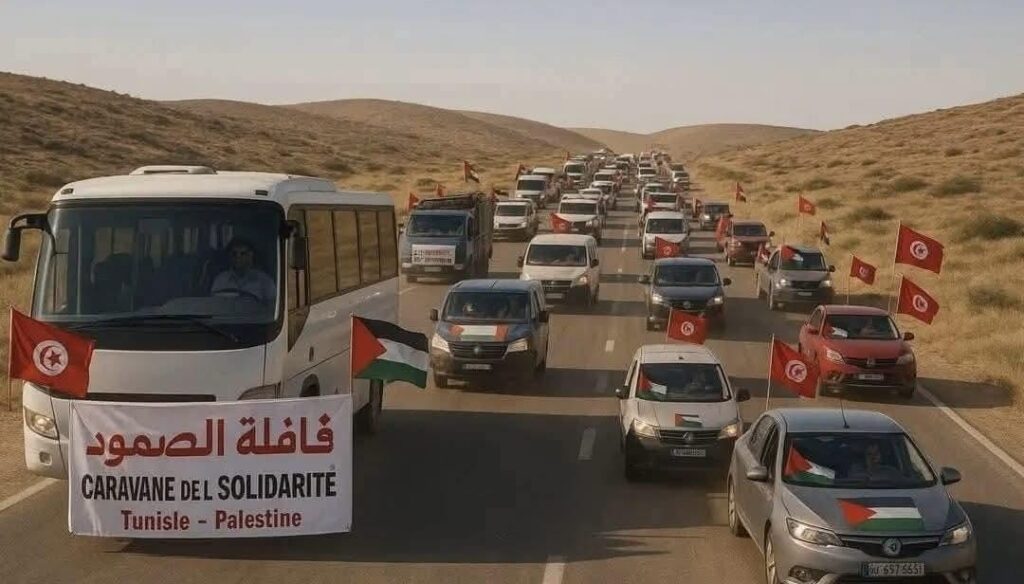
The convergence of the Tunisian convoy and the global march at the Rafah crossing, expected around June 15 or shortly thereafter, will not only be a symbolic media event but will transform into an open international protest camp at the border. Sit-ins will continue, banners and slogans will be raised, and governments will be called upon to assume their moral and political responsibilities. A unified international petition will be delivered to Egyptian authorities and UN representatives in the region, demanding the immediate and unconditional opening of Rafah and the entry of over 3,000 aid trucks carrying food, medicine, and fuel.
Tunisian participants also plan to host cultural and awareness-raising activities at the crossing, including discussion circles, artistic performances, and live media campaigns to broaden international popular support and expose Israel’s crimes to global public opinion – especially with major international media outlets expected to cover the event.
In sum, the convergence of the Global March to Gaza and the Tunisian convoy represents a pivotal moment in the history of international grassroots solidarity with Palestine. This is not merely a march to a border, it is a march toward the conscience of the world, reviving the power of direct action and sending a message to those under siege in Gaza: You are not alone. From Tunis to Dublin, from Cape Town to Krakow, people are rising for Gaza, carving pathways of solidarity and defiance against siege and injustice.
This article by Wahid Ben Ali was originally published in Peoples Dispatch and republished via NewsClick.


